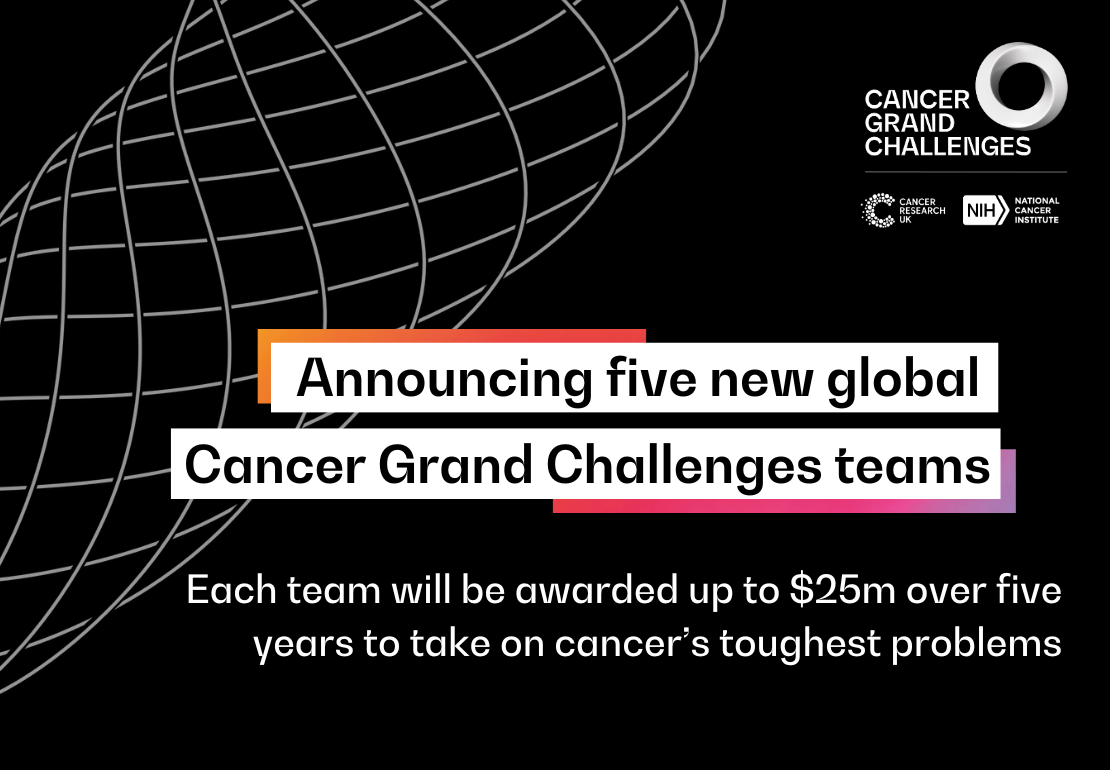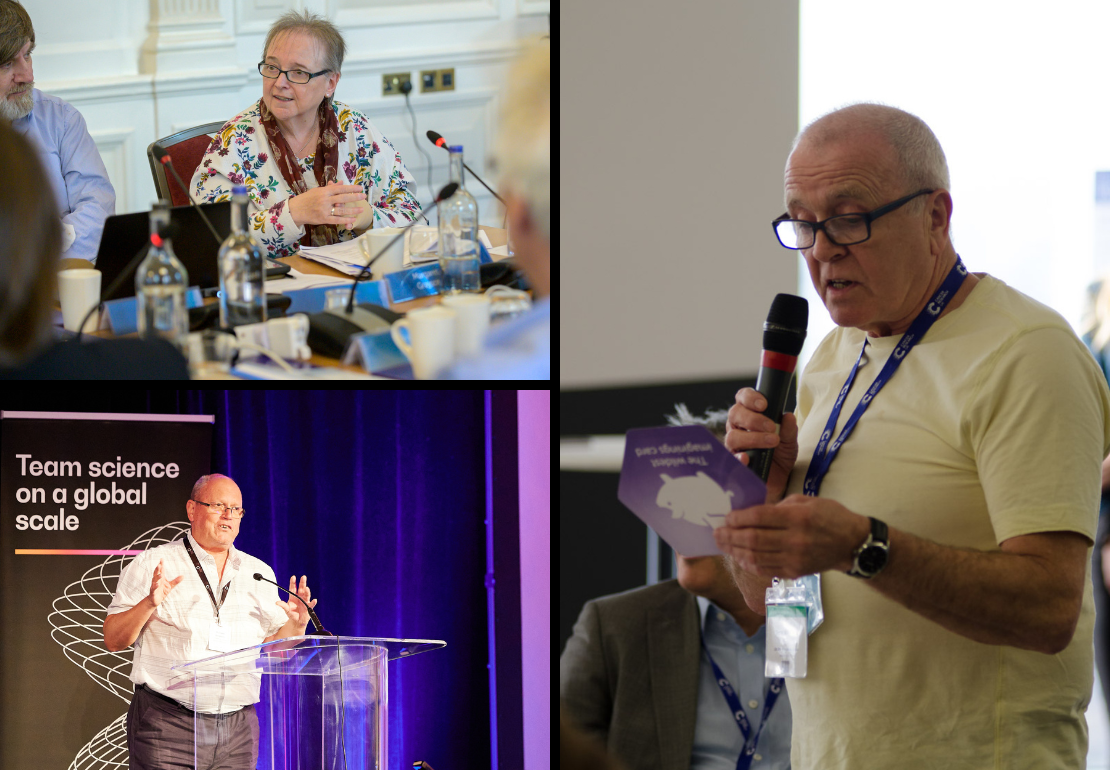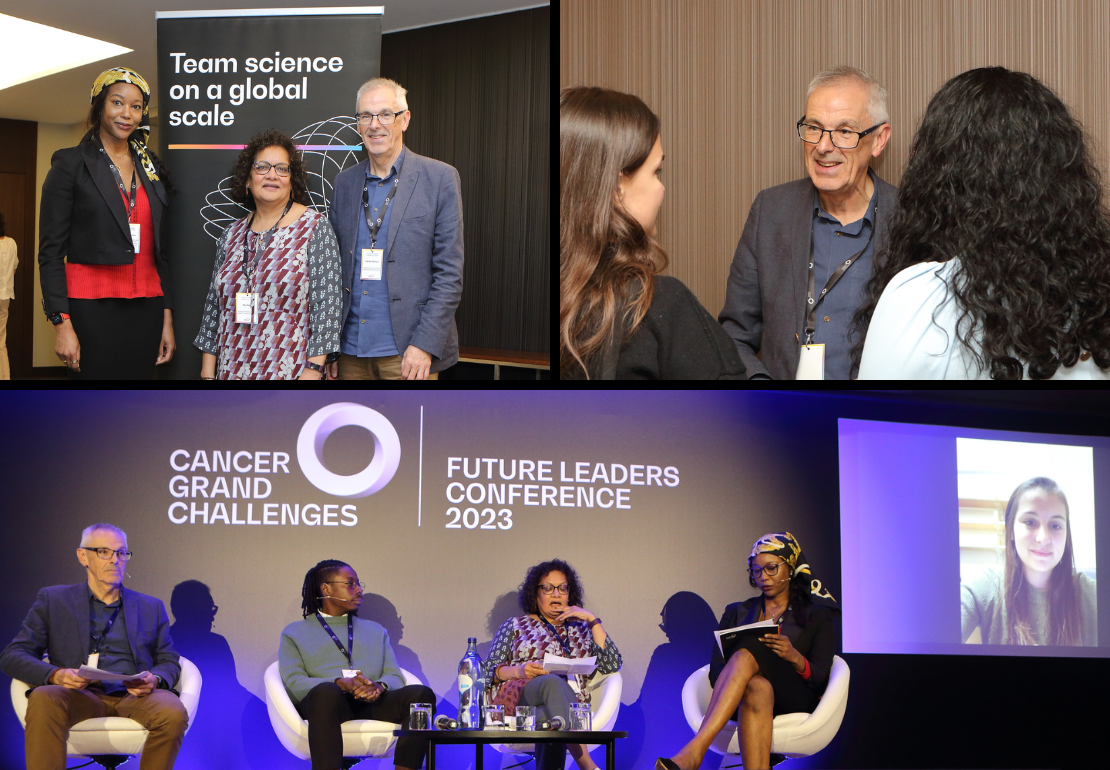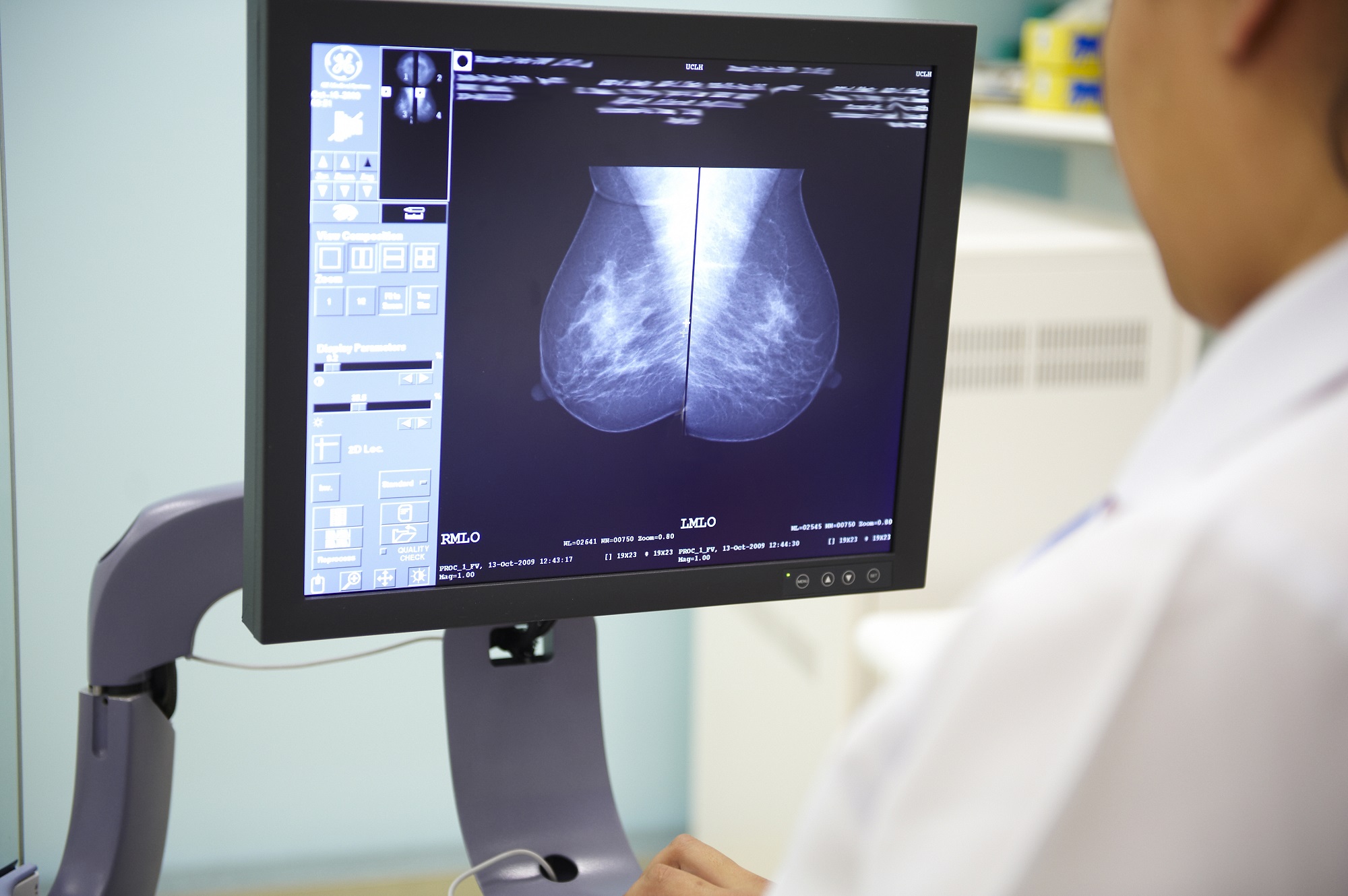Rosetta
Find a way of mapping tumours at the molecular and cellular level

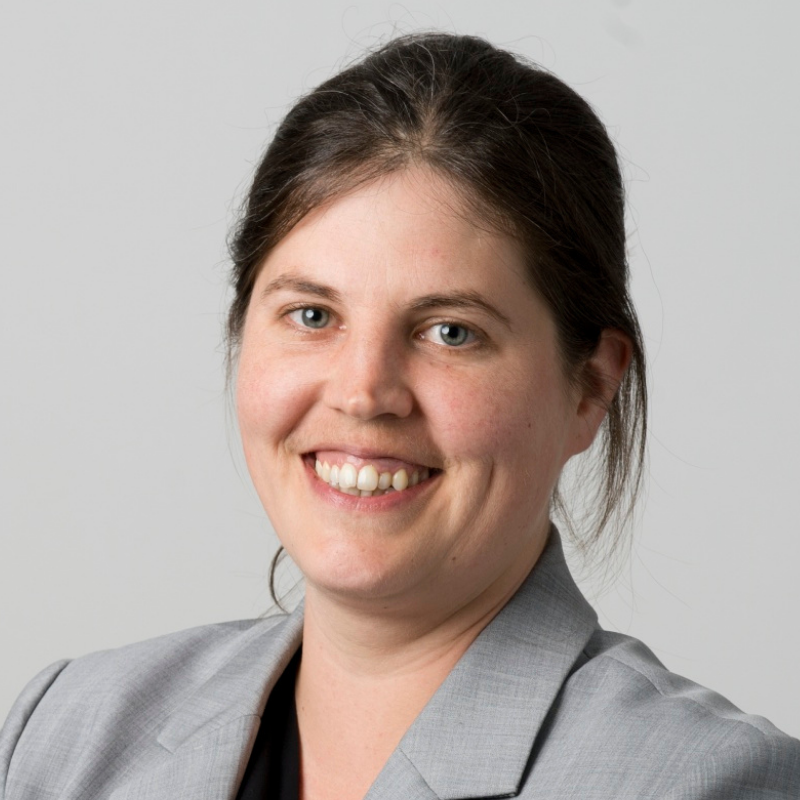
Professor Josephine Bunch, Team Lead, Rosetta
Co-Director of NiCE-MSI. Chair of Biomolecular Mass Spectrometry at Imperial College London
Rosetta
INSTITUTIONS
8
LOCATIONS
UK
FUNDED BY
Cancer Research UK - £16m
SPECIALISMS
Physics, biology, chemistry, biochemistry, technology innovation, industry
Exploring uncharted territory
Developing a map of cancer akin to Google Earth – zooming from the whole tumour right down into individual molecules inside cells – could transform our understanding of cancer and pioneer more effective cancer treatments.
Navigating the cancer landscape
Funded by:

Cartographers build maps of cities, countries and the world. Similarly, scientists can build maps of a tumour to better understand its inner workings – using imaging techniques to look at its overall shape, size and structure and studying biopsies to scrutinise the detail of its individual cells.
But our tumour maps remain incomplete. We’re missing the ability to zoom into the very core of a cancer cell and understand how changes here impact the rest of the tumour, including its overall structure and behaviour.
Uniting 70+ physicists, biologists and chemists with technology innovators and industry partners, the Rosetta team aims to develop an unparalleled, open-source tumour mapping tool – charting the overall tumour right down to the metabolism taking place in its cells.
In short, a map of this detail is like a Google Earth for cancer. The team’s approach is already transforming our understanding of cancer and could open the door to new and more effective ways to diagnose and treat the disease.
Mapping cancer's coordinates
Hundreds of thousands of metabolites – fats, proteins and sugars produced by cellular processes – are found in all cells. Central to Rosetta’s plan is to develop a way to visualise these metabolites, mapping their distribution in relation to individual cells’ genetics and the overarching tumour structure.
The resulting 3D representation of cancer cell metabolism will capture any changes that occur as a tumour develops or evolves in response to treatment.
By combining this information with data about a cell’s exact location and any corresponding changes to tumour behaviour, the team could identify new targets for drug development and radically improve our understanding of why some tumours become resistant to treatment.
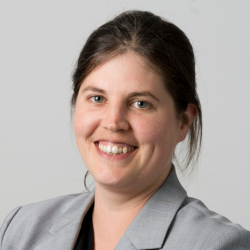
Professor Josephine Bunch, Team Lead, Rosetta
Co-Director of NiCE-MSI. Chair of Biomolecular Mass Spectrometry at Imperial College London
Our team is a collective force of physicists, chemists and biologists all coming together to map cancer in unprecedented detail. Our goal is to find out how tumours survive and why they keep growing. By applying our powerful analysis techniques to this problem, we want to gain new insight into these fundamental processes and develop new and better ways to diagnose and treat cancer.
On a new path to combating cancer
Rosetta will initially study breast, bowel and pancreatic cancers and an aggressive type of brain tumour, areas where they believe they can make the biggest difference. Their tools will be made freely available, enabling researchers and hospitals around the world to map tumours in unprecedented detail.
Creating such detailed representations of tumours will transform our understanding of cancer, driving the development of new, improved ways to diagnose and treat the disease.
Innovators
Rosetta is using a range of cutting-edge techniques, including mass spectrometry imaging and the iKnife, which can detect changes in metabolism to ‘sniff out’ cancer cells during surgery in real-time. Team members include the inventors of many of the machines used in their work.
Josephine is Co-Director of the National Centre of Excellence in Mass Spectrometry Imaging (NiCE-MSI) at the National Physical Laboratory (NPL) and Chair of Biomolecular Mass Spectrometry at Imperial College London. She has expertise in a range of mass spectrometry imaging techniques and leads research in MALDI and ambient mass spectrometry imaging at NPL. Josephine completed her PhD at Sheffield Hallam University, and postdoctoral studies at Sheffield University, before moving to the University of Birmingham, where she became a lecturer in Chemistry and Imaging.
Organisation
National Physical Laboratory
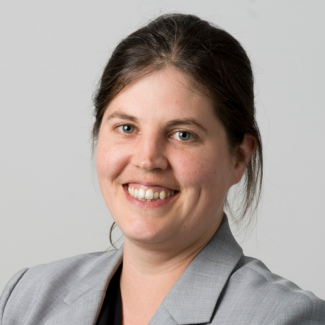
Following a PhD at the University of Cambridge and postdoctoral training at Harvard Medical School, Dr George Poulogiannis joined the Institute of Cancer Research (ICR) in 2014 to lead the Signaling and Cancer Metabolism team, with the focus to understand the signaling and metabolic networks that are related to cell growth and malignant transformation.
George’s contribution to the Grand Challenge will be to lead the work in understanding the therapy sensitivity pattern of metabolically-distinct tumour phenotypes using genetic and pharmacological approaches across in vitro and in vivo models.
Organisation
Institute of Cancer Research
Discipline
Cancer Metabolism
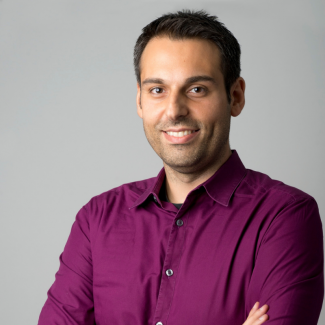
Professor John Marshall joined the Imperial Cancer Research Fund laboratories in London in 1984. After studying photodynamic therapy, he began his PhD studies on the role of integrins in melanoma, before turning to the study of carcinoma integrins. In 2004, he moved to Barts Cancer Institute in London, since then he has published over 30 papers on avb6 showing that it represents a major target for imaging and therapy of multiple types of carcinoma. He developed an imaging agent for avb6 developed from foot-and-mouth-disease virus which is being used for human PET imaging studies and has co-developed a human avb6-blocking antibody with AstraZeneca-Medimmune.
In the Grand Challenge, the Marshall group will deliver the imaging CyTOF analysis.
Organisation
Barts Cancer Institute
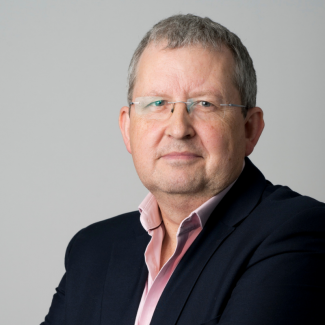
Professor Owen Sansom is interim director of the Cancer Research UK Scotland Institute (formerly the Beatson Institute). He has published over 200 papers in a research career spanning 16 years. Owen gained his PhD in 2001 working on in vivo models of apoptosis in cancer. Since then, Owen has been instrumental in determining the molecular hallmarks and cell of origin of epithelial cancers (colorectal and pancreatic).
Using this experience, the Sansom laboratory will provide the Grand Challenge team with the in vivo models that will be mapped in 3D.
Organisation
Cancer Research UK Scotland Institute (formerly the Beatson Institute)
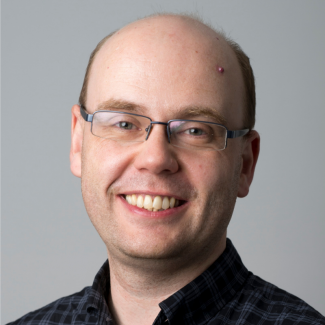
Dr Richard Goodwin is a Principal Scientist at AstraZeneca working in the department of Drug Safety and Metabolism. Richard leads the mass spectrometry imaging (MSI) group that studies the distribution of drugs in tissues to understand their efficacy and safety. He also studies MSI data to understand disease biology at the molecular level to help devise new drugs.
Richard’s role within the Grand Challenge team is to help perform inter-site experiments, then translate the findings into an industry setting and disseminate, so the results can have the most impact on the development of new oncology medicines.
Organisation
AstraZeneca
Discipline
Mass Spectrometry
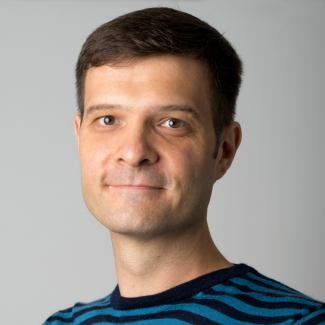
Dr Mariia Yuneva’s cancer metabolism research began at Cold Spring Harbour Laboratories in New York, where she studied the relationship between oncogenic transformation and nutrient requirements. Mariia then moved to the University of California, San Francisco, to evaluate the relationship between oncogenic transformation and metabolic changes in vivo in mouse models of tumorigenesis.
Since 2013, Mariia has led a group at the Francis Crick Institute. In the Grand Challenge, Mariia’s group will provide in vivo and ex vivo models of mouse and human primary breast cancers and their metastases.
Organisation
Francis Crick Institute
Discipline
Cancer Metabolism
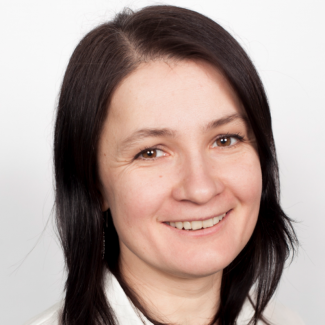
Professor Ian Gilmore is Head of Science at the National Physical Laboratory (NPL) and founder of the National Centre of Excellence in Mass Spectrometry Imaging (NiCE-MSI) at NPL, where he innovated the revolutionary 3D OrbiSIMS instrument. Ian is a Fellow of the Institute of Physics (IOP) and the American Vacuum Society, has been awarded the IOP Clifford Paterson Medal and the Rivière Prize, and leads international standardisation in surface chemical analysis.
In the Grand Challenge, the Gilmore group will lead the high-resolution 2D and 3D SIMS imaging.
Organisation
National Physical Laboratory
Discipline
Mass Spectrometry
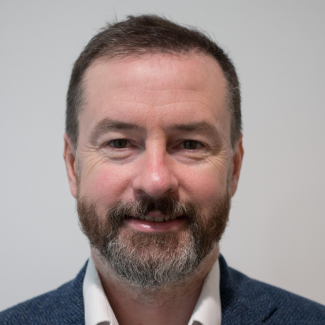
Professor Zoltan Takats has been doing mass spectrometry-related research for more than 15 years, and is the inventor of multiple analytical methods allowing direct analysis of biomolecular systems. He currently works as Professor of Analytical Chemistry at Imperial College London. Present research interests include the application of ambient ionization methods in surgical metabonomics and development of mass spectrometric imaging techniques for the rapid phenotyping of cancer patients.
In the Grand Challenge, the Takats group will help deliver multi-modal MS imaging and lead REIMS and iKNIFE studies.
Organisation
Imperial College London
Discipline
Mass Spectrometry
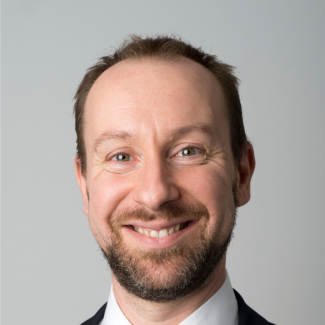
Professor Kevin Brindle is Professor of Biomedical Magnetic Resonance at the University of Cambridge and a senior group leader in the CRUK Cambridge Institute. Kevin was elected a Fellow of the Academy of Medical Sciences in 2012 and to the European Academy of Cancer Sciences in 2014. He was awarded the European Society of Molecular Imaging Award in 2013 and the Gold Medal of the World Molecular Imaging Society in 2014.
In the Grand Challenge, the Brindle group will be responsible for recruiting patients for hyperpolarized 13C imaging in the clinic, and for subsequent collection of tumour material at surgery for mass spectrometry imaging ex vivo and for isolation of patient-derived tumour cell lines and production of patient-derived orthotopic tumour xenografts.
Organisation
Cancer Research UK Cambridge Institute
Discipline
Biochemistry
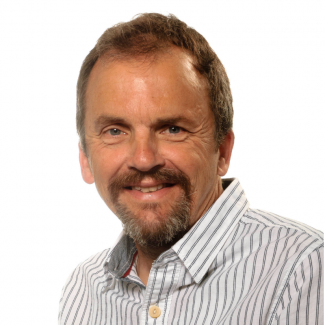
Simon Barry is a Senior Principal Scientist in the IMED Oncology at AstraZeneca, Cambridge UK. He has been involved in discovering and developing both small and large molecule therapeutics as well as nanoparticle therapeutics targeting both tumour cell and stromatolites pathways. His research focuses on the cross talk between the tumour and its micro environment, as well as elucidating drug mode of action and mechanisms underpinning therapeutic benefit.
AstraZeneca's Oncology group will support the Grand Challenge experimentally with specialist technical and scientific contributions, as well as with its portfolio of therapeutics, and help translate the findings to advance patient treatment options.
Organisation
AstraZeneca
Discipline
Stroma
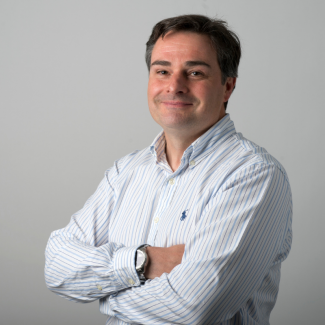
A French national with a degree in sales, communication and public relations, Magali has 18 years customer relations experience within multi-cultural environments. With seven years’ experience teaching French in private and state schools, she is a part-time working mother. Diagnosed with Breast Cancer in 2017, she joined the Imperial CRUK Centre’s Patient and Public (PPI) Group during her recovery to make use of her unique experience to help the scientific medical community. To support her as a patient representative and member of the Imperial Experimental Cancer Medicine Centre (ECMC) steering committee, she undertook PPI training with the Imperial NIHR Patient Experience Research Centre (PERC). She has benefitted from the (VOICE) residential science course at Barts Cancer Institute, created especially for Cancer Patient Advocates. Passionate about service and treatment improvements, she engages with clinicians and scientists in research projects helping build bridges between patient communities and the science world.
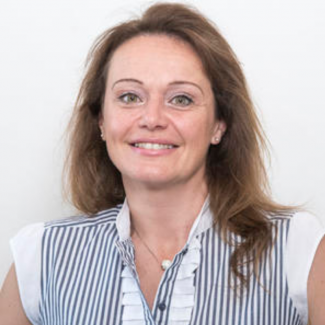
Harry’s a successful Marketing professional with a background in Advertising and Design. Bowel Cancer in 2002 motivated involvement with the treatment unit’s User Group. A founder member of W London Cancer Network Partnership Group and ultimately chair, he also sat on the Network’s Executive Board. He joined senior management at NHS Training for Innovation in 2007, involved in Patient Safety projects including the National Early Warning Score NEWS. Harry represented cancer patients on the London Cancer Alliance LCA, Clinical Board and Colorectal Cancer Pathway Group. He sits on the NIHR Imperial BRC PPI Panel, Imperial College & Partners PPI Research Forum and the CRUK Imperial Centre PPI Group.
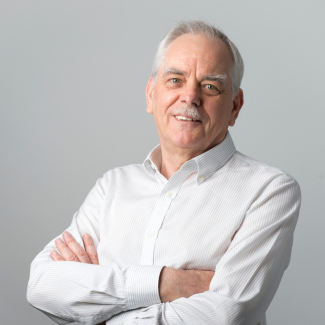
%20(3).png)
.jpg)
